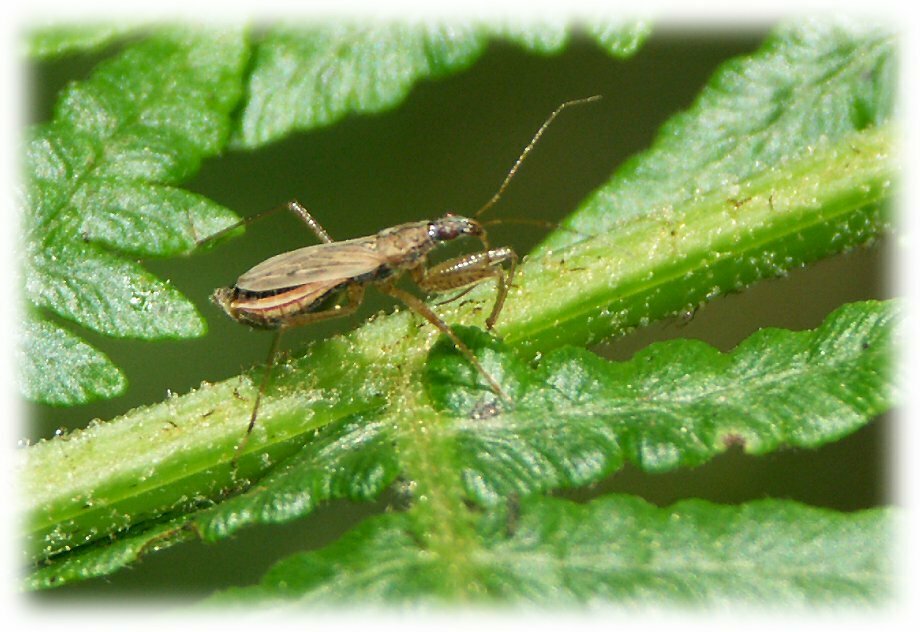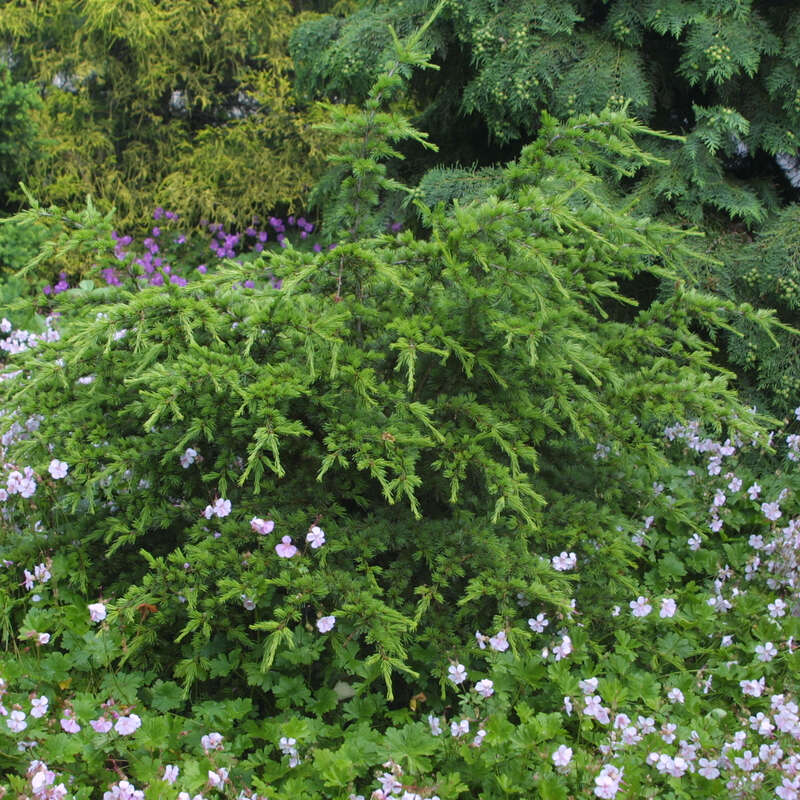The Libicii (or Libui, Libii) were a Gallic tribe dwelling in the Camargue region during the Iron Age.
Name
They are mentioned as Lebékioi (Λεβέκιοι) by Polybius (2nd c. BC), Libui by Livy (late 1st c. BC), Libii and Libiciorum by Pliny (1st c. AD), and as Libikō̃n (Λιβικῶν) by Ptolemy (2nd c. AD).
According to Patrizia de Bernardo Stempel, the ethnonym Libikoi could derive from an earlier *lubhikoi ('the loving ones'; from Gaulish lubi 'love') with pretonic vowel assimilation (u...i > i...i).
A homonym tribe is documented in northern Italy (see Libicii (Cisalpine Gaul)). This may be the result of migrations from southern France.
Geography
Their territory was situated west of the Anatilii and Avatici, south of the Volcae Arecomici and Cavari. The ora Libica mentioned by Pliny refer to the western Rhône delta (Petit-Rhône), that is to say the Camargue region. According to historian Guy Barruol, they were part of the Saluvian confederation.
An oppidum with Latin Rights given by Pliny as Libii was probably the name of their chief town.
References
Bibliography
- Barruol, Guy (1969). Les Peuples préromains du Sud-Est de la Gaule: étude de géographie historique. E. de Boccard. OCLC 3279201.
- de Bernardo Stempel, Patrizia (2000). "Ptolemy's Celtic Italy and Ireland: A linguistic analysis". In Parsons, David N.; Sims-Williams, Patrick (eds.). Ptolemy: Towards a Linguistic Atlas of the Earliest Celtic Place-names of Europe. CMCS. pp. 83–112. ISBN 978-0952747833.
- Falileyev, Alexander (2010). Dictionary of Continental Celtic Place-names: A Celtic Companion to the Barrington Atlas of the Greek and Roman World. CMCS. ISBN 978-0955718236.
- Talbert, Richard J. A. (2000). Barrington Atlas of the Greek and Roman World. Princeton University Press. ISBN 978-0691031699.

